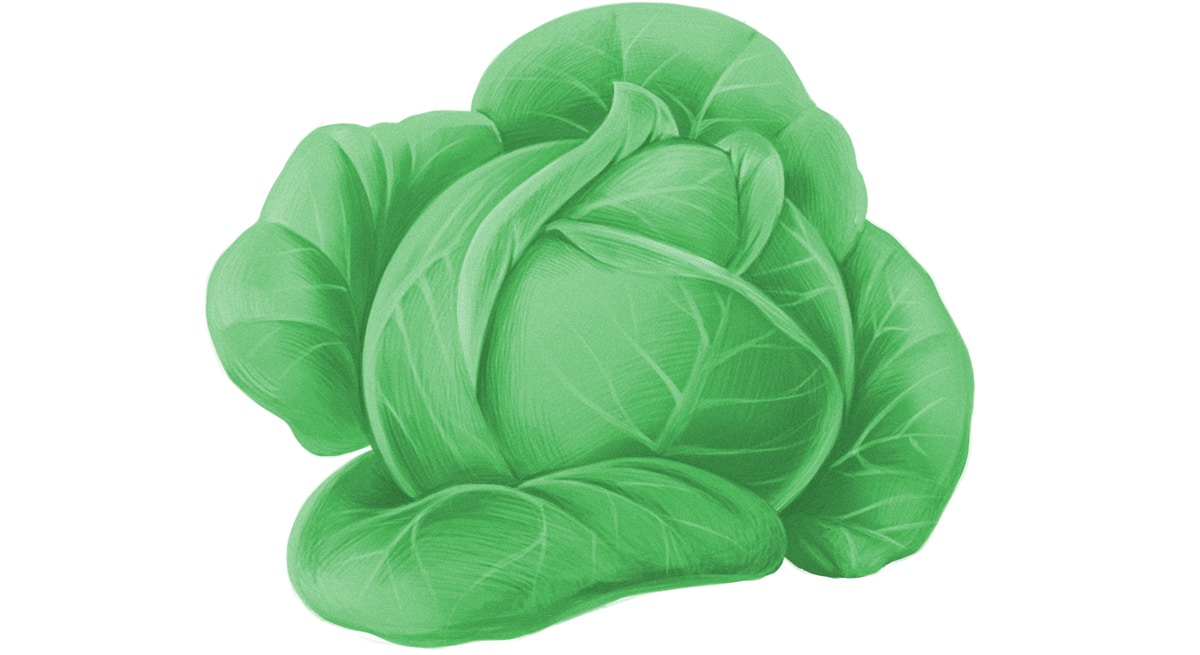If you suddenly started having problems with specific foods - or with what seems like every food - as an adult, you’re not alone! It can feel pretty mystifying to suddenly start having weird reactions to fruits or shrimp or whatever else when you never did before. And it’s even worse if it’s a case of “my entire digestive system is suddenly revolting against me; what gives?”
Unfortunately, this is a real thing that does happen: healthy adults can suddenly start having allergic reactions or weird digestive reactions to foods that used to be fine, for no obvious reason. It’s totally possible to develop an allergy to a certain food as an adult, even in your 30's or 40's. It’s also possible to develop Irritable Bowel Syndrome (IBS) and all kinds of other gastrointestinal symptoms and food reactions well into adulthood, especially if you’ve had some kind of trigger event like an infectious disease.
Here’s a look at two kinds of food issues that can suddenly pop up in adults - food allergies and IBS - and what to do about them.
Yes, food allergies can show up in adulthood

We’ll start with the true allergies - the immune overreactions to specific proteins in foods. Adult-onset food allergies are really a thing! They’re not as common as food allergies that develop in childhood, but they do happen.
According to this paper, the symptoms of food allergies in adults range from swelling/itching around the mouth (also called oral allergy symptom) to gastrointestinal problems that don’t seem like an “allergy” at all. The paper also notes that adult food allergies rarely cause hives and related skin problems (although other food-related issues, like Celiac Disease, can).
This review covers adult food allergies, including the research on people who suddenly develop food allergies as adults. Various studies have documented adult-onset food allergies to…
- The usual suspects: nuts, shellfish, milk/dairy products, wheat and soy
- Fruits (of various different kinds) and vegetables (most notably celery and carrots) interestingly, a lot of studies have associated these fruit/vegetable allergies with allergies to plant pollen
- Eggs (sometimes associated with bird allergies)
- More rarely, beef, pork, and random other foods (in theory, you can be allergic to just about anything)
If any of that sounds familiar, the only way to know for sure that it’s an allergy is to go to a doctor and get a diagnosis. From a Paleo perspective, it’s absolutely possible to eliminate any of these foods (or even several of them) on Paleo - check out some tips on Paleo without nuts, Paleo without fish, dairy alternatives, and Paleo without eggs.
But what if it’s not a true allergy? What if there’s no specific food or foods that trigger the reaction, or what if the allergy test is negative? It might be...
IBS can show up in adults, too
For more general gut issues - or if the problem is with all food and not with any one identifiable food - Irritable Bowel Syndrome (IBS) might be something to consider. IBS can affect people for the first time as adults, especially after a period of high stress or an infection that affects the stomach and digestive system.
IBS in general is a catch-all diagnosis for “some kind of gut problem that isn’t otherwise explainable.” There are three official forms (diarrhea predominant, or IBS-D; constipation predominant, or IBS-C; and mixed, or IBS-M) and symptoms range from stomach pain to bloating to gas to constipation or diarrhea to every combination of the above. Some people already have it as kids or teenagers, but some folks get a nasty surprise as adults.
Between 5-30% of people who have some kind of infectious disease affecting their gut end up with IBS afterwards, for reasons that aren’t totally clear. Studies have documented a greater risk of IBS after having:
- Giardia lamblia (beaver feaver) - in this study, 60% of patients who recovered from giardia had IBS symptoms 6 months later. The most common reported symptom trigger foods were milk, wheat, and coffee.
- Travellers’ Diarrhea - a meta-analysis found that 5.4% of patients with travellers’ diarrhea went on to develop IBS.
- Clostridium difficile (often an infection that people get in the hospital) - in one study, 25% of C. diff patients had IBS symptoms 6 months after recovering from the C. diff.
- Food poisoning (infectious enteritis) - a year after the food poisoning is over, this study found that 10% of patients had IBS symptoms.
Post-infectious IBS can be one reason why an otherwise healthy adult might suddenly stop being able to tolerate certain foods.
Why does this happen? It’s not very well-understood, although it may have something to do with inflammation in the gut lining, neuromuscular changes in the gut, or maybe alterations in the good bacteria that help digest your food - especially fiber - and keep everything running smoothly.
IBS can also be triggered by other things that happen in adulthood - like stress, other psychological challenges, or antibiotic overuse. There are all kinds of reasons why someone might be healthy for years and then suddenly develop IBS as an adult.
Managing food allergies and digestive symptoms that start in adulthood
With a true food allergy, the only solution is to avoid the food - in case you missed these links above, check out tips on Paleo without nuts, Paleo without fish, dairy alternatives, and Paleo without eggs.

With adult-onset IBS, the territory is a bit murkier. IBS isn’t really caused by any specific food; it’s caused by problems with the digestive system. But a lot of people get symptom relief from eliminating specific trigger foods, so in that sense it’s kind of like a food intolerance.
Paleo is a good start, since it eliminates a lot of inflammatory foods that likely make the problem worse. A very low-vegetable version of keto might actually be great for some people, since fiber can sometimes cause more problems than it solves with IBS (more on that here). Here are a few more research-backed suggestions:
- Try reducing or eliminating FODMAPs (this may or may not work for you - if it doesn’t, help, these foods aren’t unhealthy an there’s no reason to avoid them)
- Consider cutting down on fructose specifically - it can cause weird GI issues.
- Reduce chronic stress.
- Consider a probiotic - although again, there’s no guarantee this will work.
Other potential causes
There are all kinds of possible reasons why food or digestion issues might show up in adults, from pregnancy to autoimmune disease flares. But in those cases where there is no “root cause” and the problem just seemed to show up on its own for no reason, this will hopefully help with some troubleshooting.





Leave a Reply